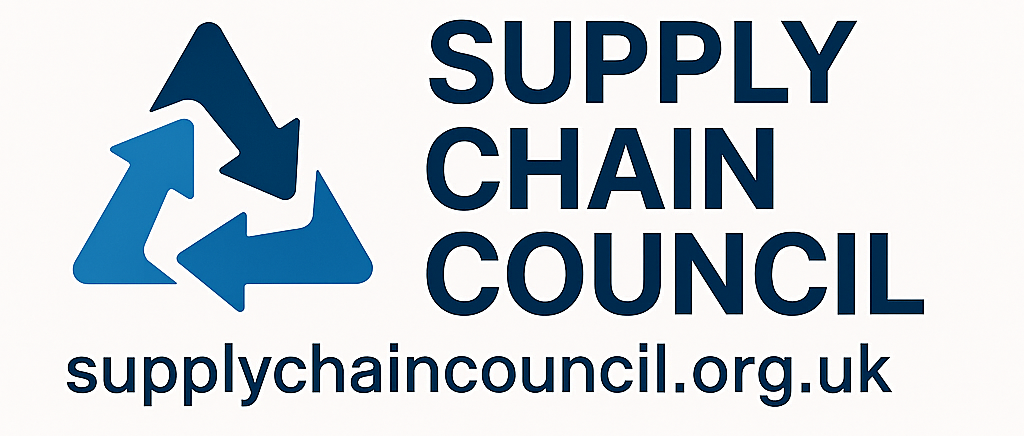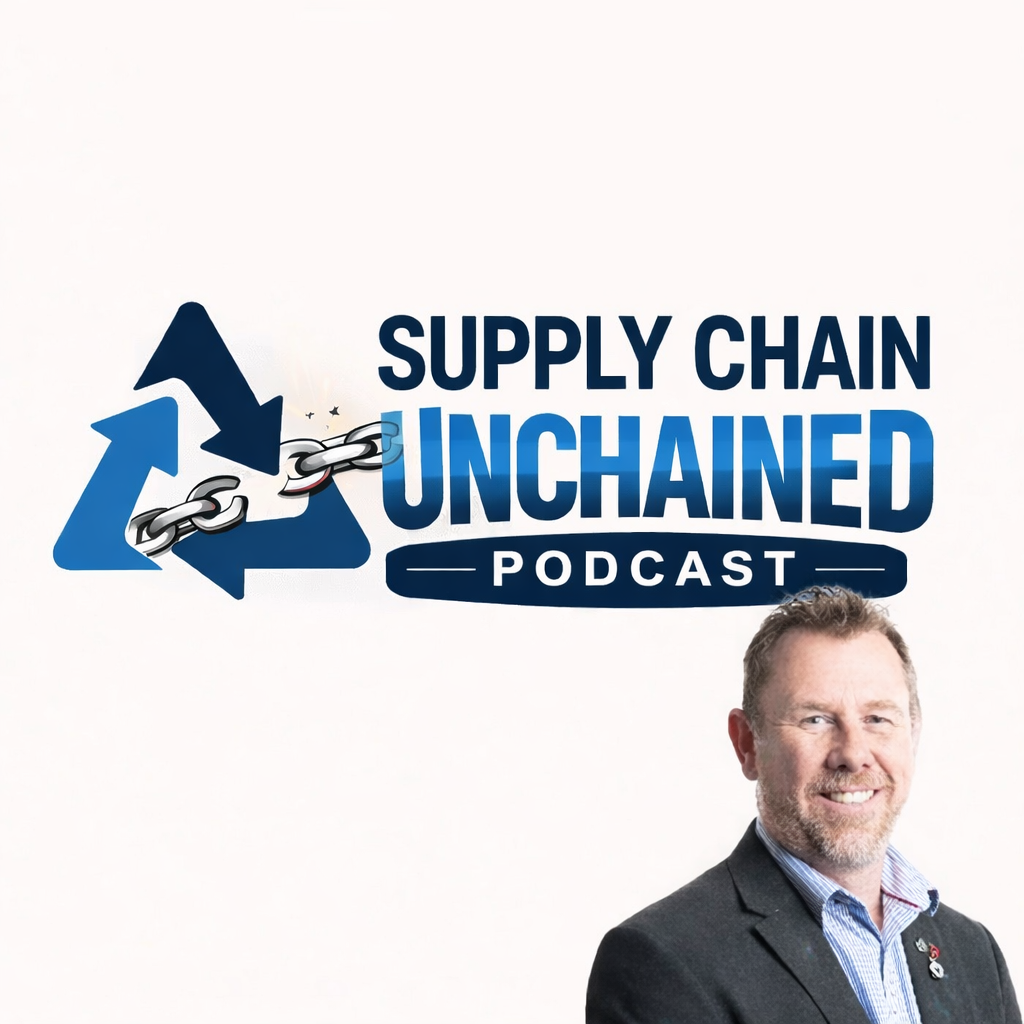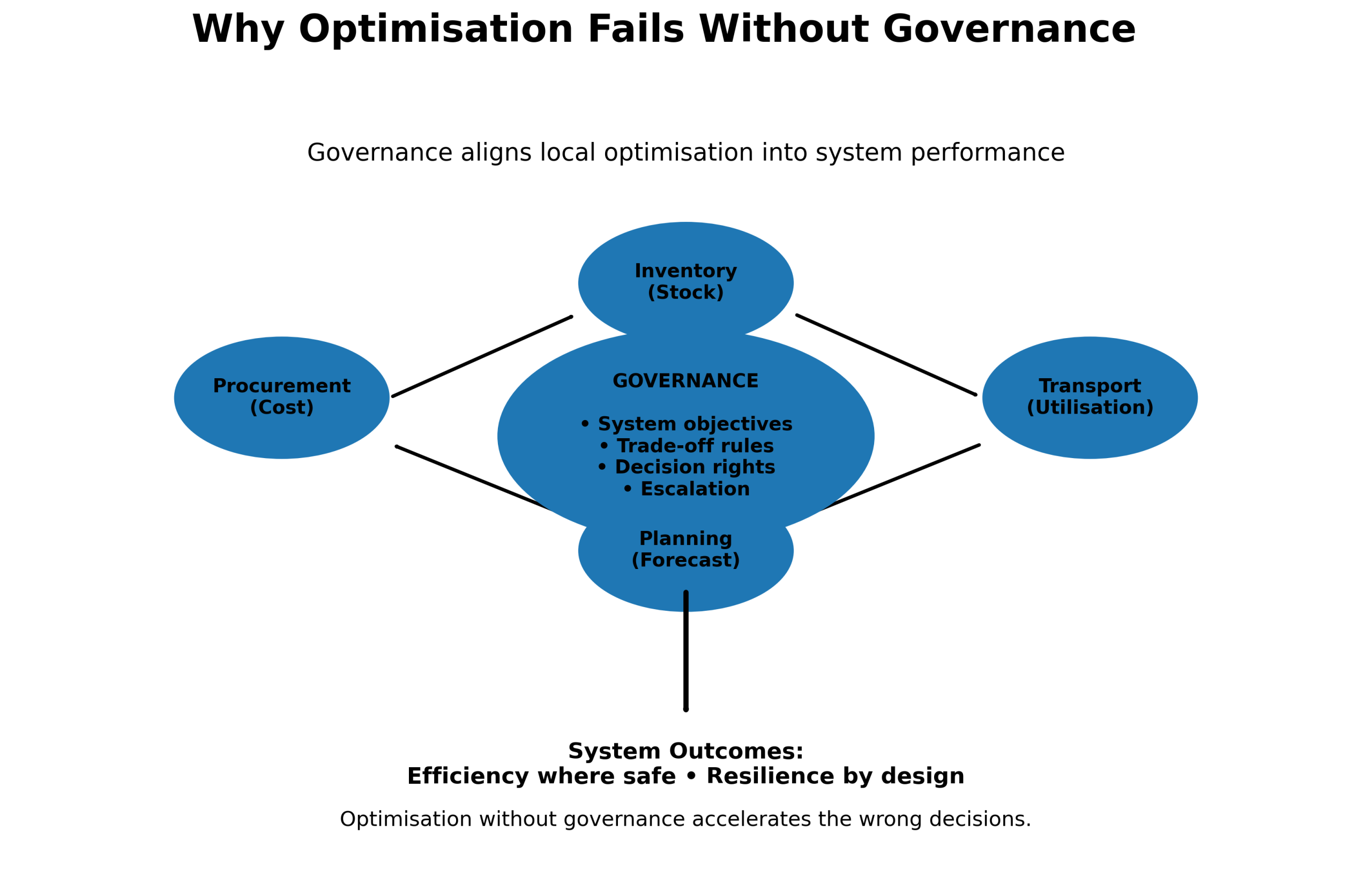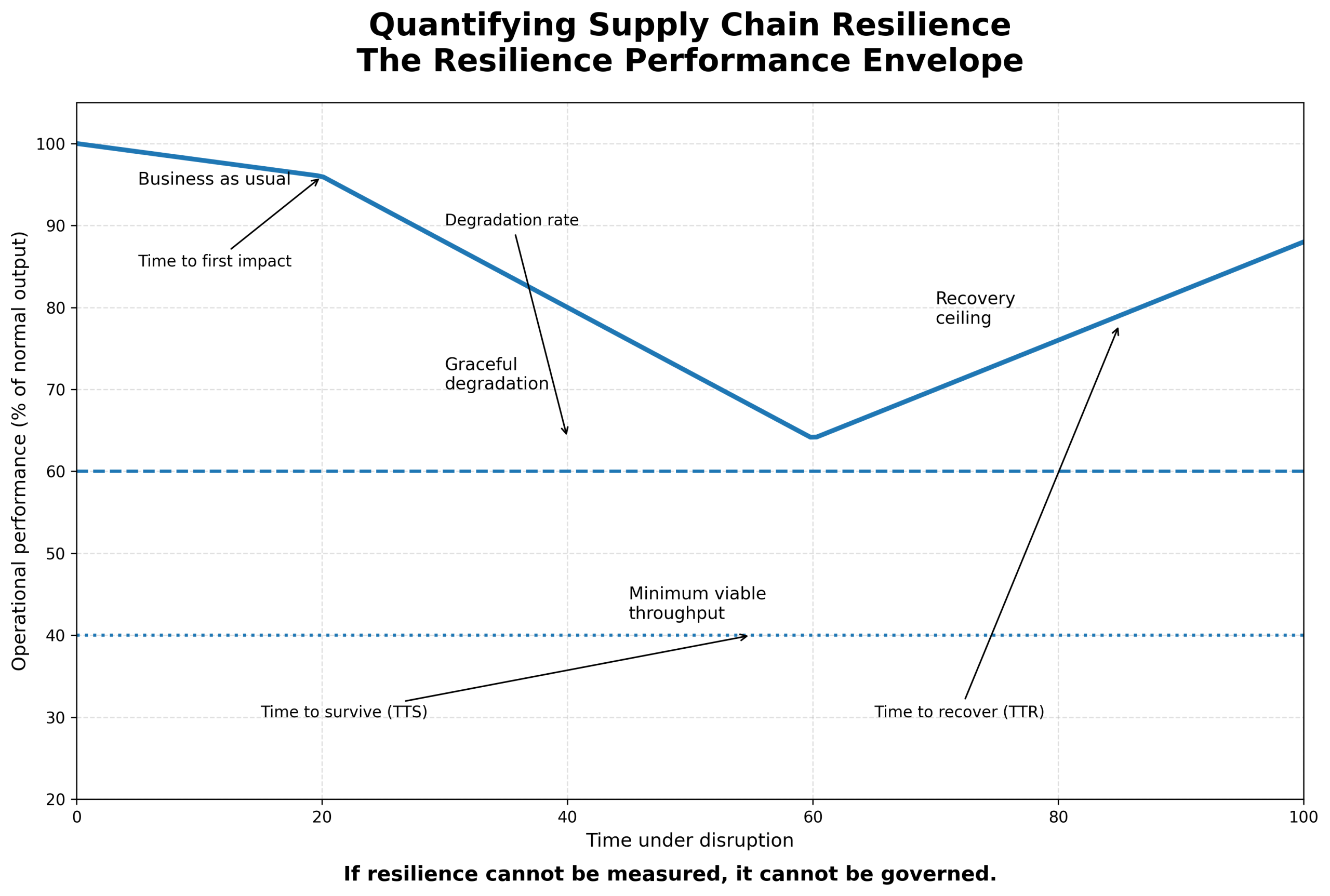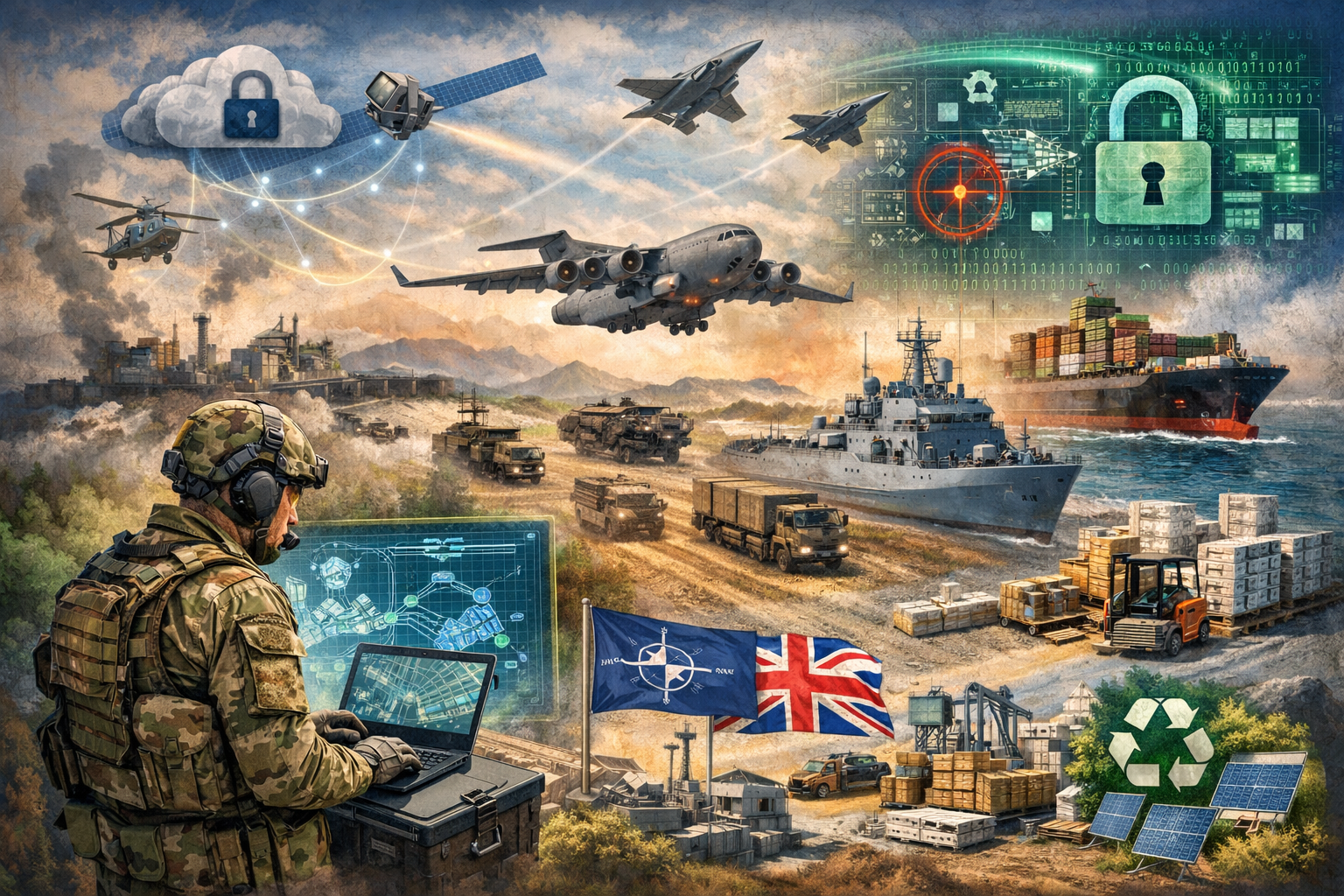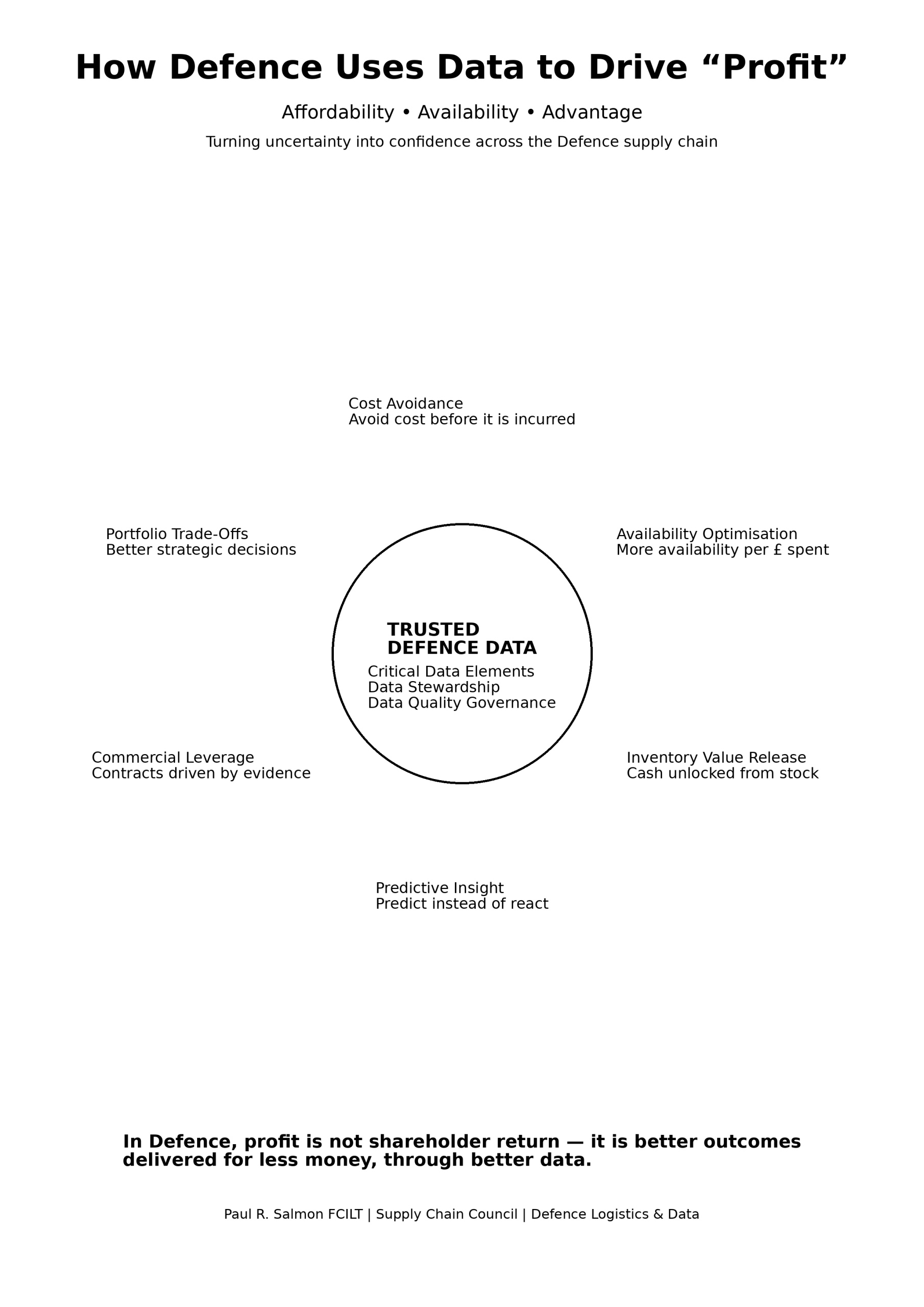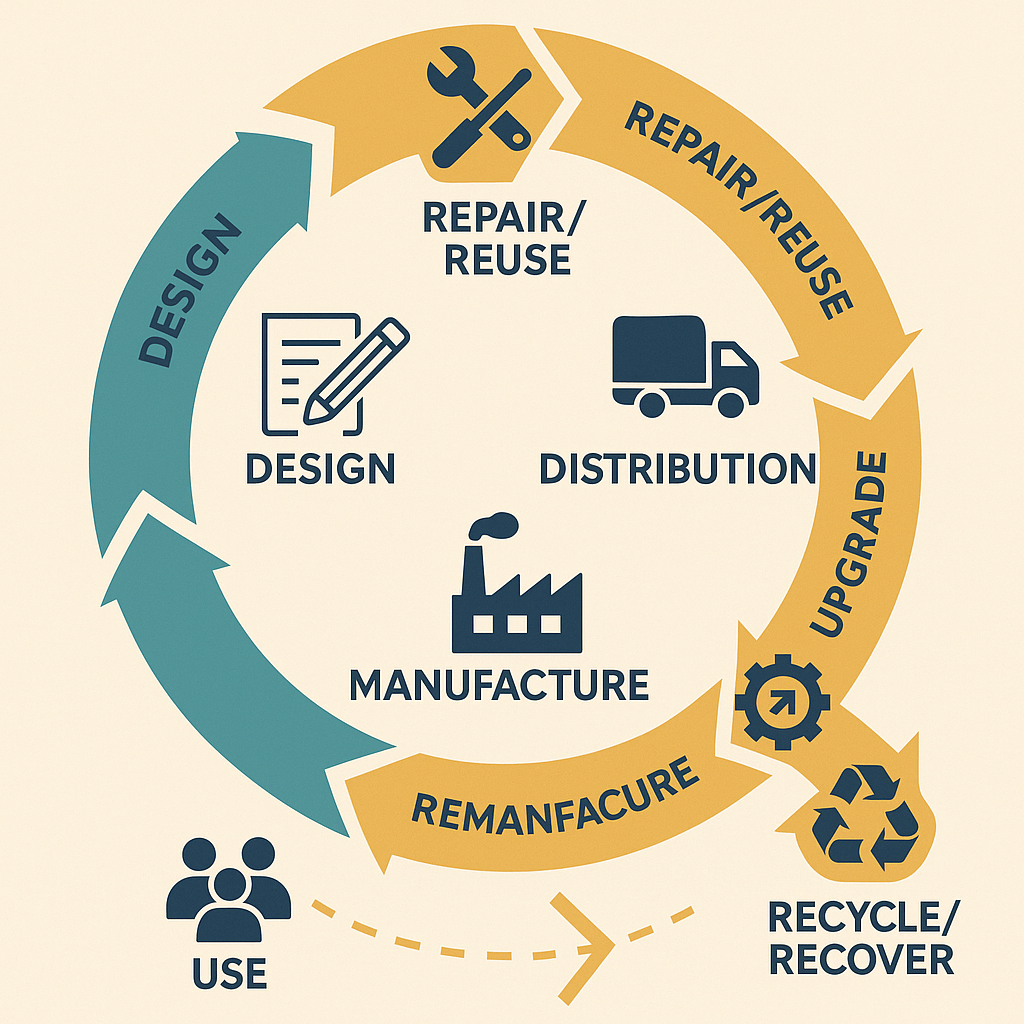Paul R. Salmon FCILT, FSCM, FCMI
Introduction – Beyond the Ordinary Supply Chain
When people think of supply chains, their minds often go to retail giants, e-commerce platforms, or global manufacturing hubs. But behind the headlines, one of the most complex, mission-critical, and innovative supply chains in the world is Defence. Unlike commercial networks driven primarily by profit margins and market share, Defence logistics has a far higher stake: the success of military operations, national security, and sometimes the very survival of those on the frontline.
This is why a career in Defence logistics is not just a job — it is a purposeful, high-impact profession where your decisions make a direct difference. For professionals who crave challenge, innovation, and meaning, Defence logistics offers a career like no other.
1. Purpose at the Core: Logistics That Saves Lives
Defence logistics is appealing because of its inherent sense of mission. Every item, from medical supplies to spare parts for an aircraft, plays a role in safeguarding lives and ensuring operational success.
A commercial late delivery might inconvenience a customer. A Defence late delivery might ground an aircraft, delay a convoy, or compromise a mission.
That heightened consequence gives Defence logisticians a profound sense of responsibility and purpose. It is a career where the impact of logistics decisions is visible, immediate, and deeply meaningful.
2. The Scale and Complexity of Defence Supply Chains
The Defence supply chain is often described as one of the most diverse in the world. It spans:
Commodities such as food, fuel, water, and medical supplies. Equipment from uniforms and vehicles to ships, aircraft, and advanced missile systems. Services such as maintenance, training, transport, and global distribution.
Operations stretch across multiple continents, contested environments, and uncertain timelines. Unlike the relative predictability of retail or manufacturing, Defence logisticians must plan for the unexpected: natural disasters, geopolitical crises, or rapid deployments.
This scale and complexity attract professionals who enjoy problem-solving at the highest level, working on supply chains that truly test the boundaries of planning, coordination, and execution.
3. A Hub of Innovation
Defence has historically been a pioneer of supply chain innovation. Many technologies that are now standard in industry — barcoding, RFID, GPS tracking — were first adopted for military use. Today, Defence continues to lead in areas such as:
Digital twins and advanced simulation for readiness and scenario planning. Additive manufacturing to produce parts in theatre, reducing lead times and dependency on fragile supply lines. AI and predictive analytics to forecast demand and optimise spare part positioning. Sustainable logistics with initiatives in circular supply chains, recycling, and carbon reduction.
For professionals seeking to work at the forefront of logistics technology, Defence provides fertile ground.
4. Global Reach, Local Impact
Defence logistics operates on a global stage, but its effects are felt both internationally and locally.
Globally, Defence logisticians sustain NATO operations, humanitarian missions, and international partnerships. They manage supply networks that stretch from UK bases to the Middle East, Africa, and the Pacific. Locally, Defence logistics strengthens national resilience — supporting flood relief, pandemic response, and civil contingencies.
This dual role makes Defence supply chain work both adventurous and grounded. Careers often involve travel, exposure to different cultures, and close collaboration with international partners.
5. Professional Growth and Development
Another reason Defence logistics is so appealing is the investment in professional development. The sector has strong links to professional bodies such as the Chartered Institute of Logistics and Transport (CILT), the Institute of Supply Chain Management (IoSCM), and the Chartered Management Institute (CMI).
Defence personnel are encouraged to:
Pursue professional accreditation (from Affiliate to Chartered status). Engage in Continuing Professional Development (CPD). Build transferable skills in leadership, data analysis, project management, and engineering.
These qualifications are highly portable, meaning that a Defence logistics career not only offers professional fulfilment in service, but also opens doors in civilian industry later on.
6. Problem-Solving Under Pressure
One of the most distinctive aspects of Defence logistics is its operational environment. It is not enough to be efficient — supply chains must also be resilient, adaptive, and robust under stress.
Consider the challenges:
Supplying troops in remote or hostile areas. Maintaining fleets in extreme climates. Delivering medical aid during a humanitarian crisis with disrupted infrastructure.
These are problems with no textbook answers. Defence logisticians must use creativity, judgment, and leadership to develop workable solutions, often under immense time pressure. This attracts individuals who thrive on complexity and want their work to matter in real-world, high-stakes scenarios.
7. Teamwork and Community
Defence is renowned for its strong sense of camaraderie. Logistics professionals become part of a community that values collaboration, mutual support, and shared success.
This teamwork extends beyond military personnel to include civil servants, contractors, and industry partners. It is a truly integrated profession, bringing together expertise from diverse backgrounds to achieve a common goal. For many, this community spirit is a major attraction, making the workplace both supportive and rewarding.
8. A Future-Focused Profession
Defence logistics is not static — it is constantly evolving to meet emerging challenges:
Contested logistics in environments where adversaries deliberately disrupt supply chains. Sustainability and climate resilience, ensuring that Defence operations are environmentally responsible and future-proof. Skills transformation, with new roles in supply chain data science, cyber resilience, and AI-enabled decision-making.
For those entering the profession today, the future promises a dynamic, fast-moving landscape where they can actively shape the next generation of logistics solutions.
Conclusion – A Career with Meaning, Challenge, and Reward
In a world where many jobs risk being reduced to routine, Defence logistics stands apart. It offers a rare combination:
Purpose – every decision supports national security and protects lives. Complexity – working on some of the most challenging supply chains in existence. Innovation – applying cutting-edge tools and technologies. Growth – developing skills that are transferable, respected, and future-ready. Community – being part of a mission-driven team with a global impact.
For those who want more than just a job, Defence logistics offers a career of consequence. It is a profession where logistics is not an enabler in the background — it is the decisive factor that ensures success on the front line.
